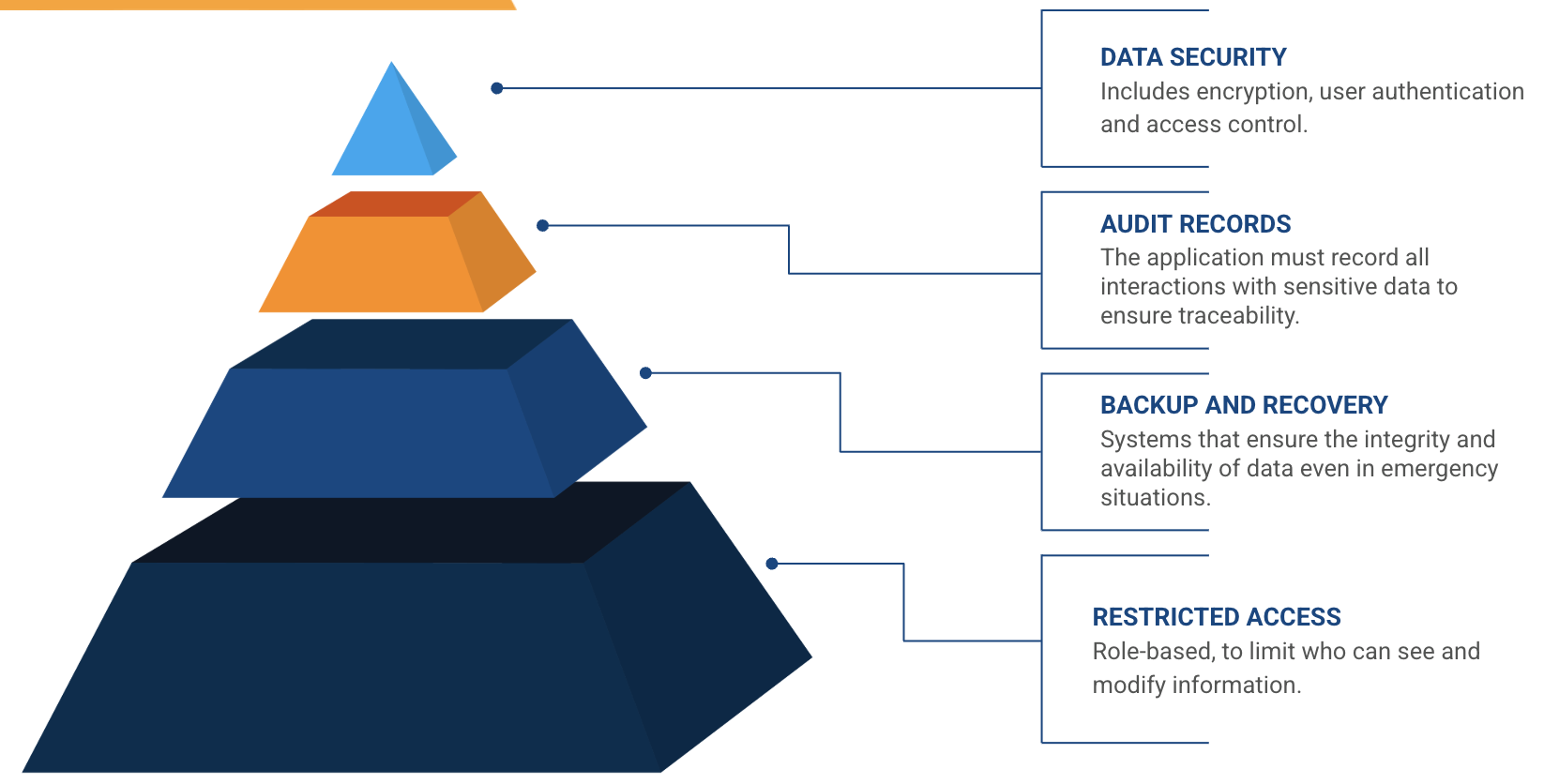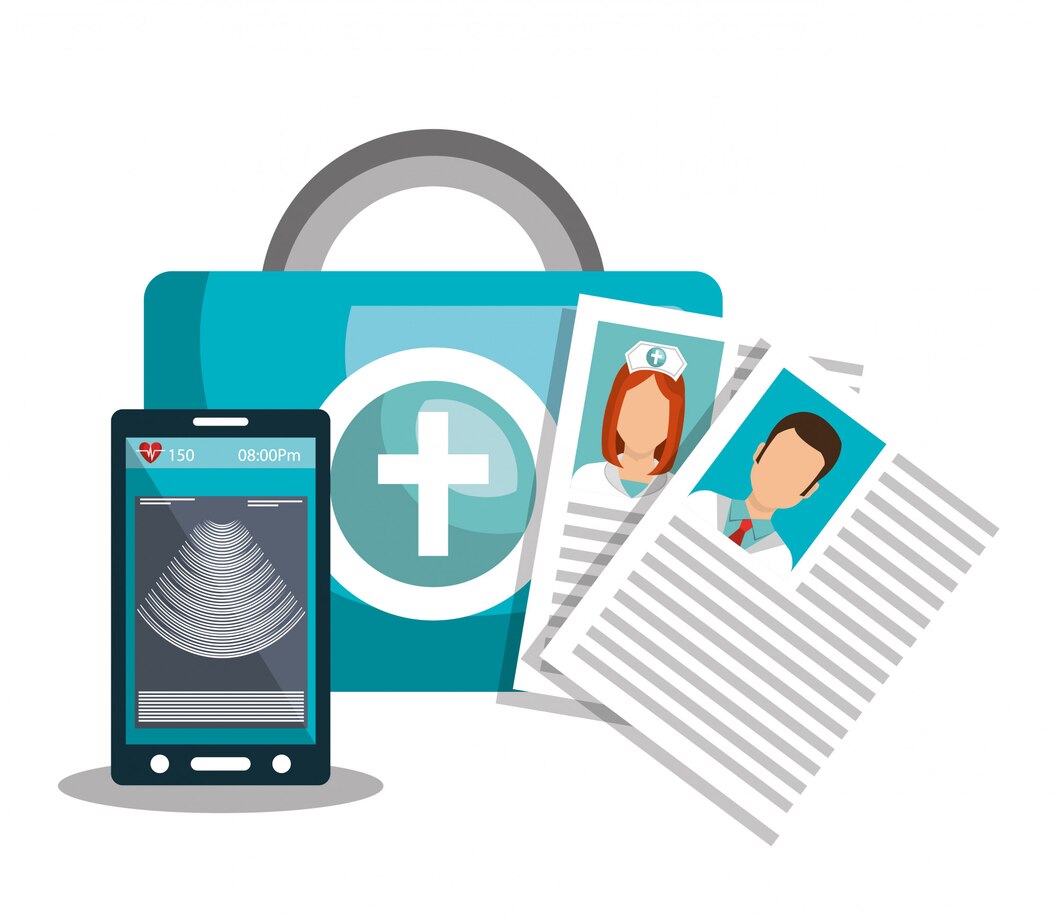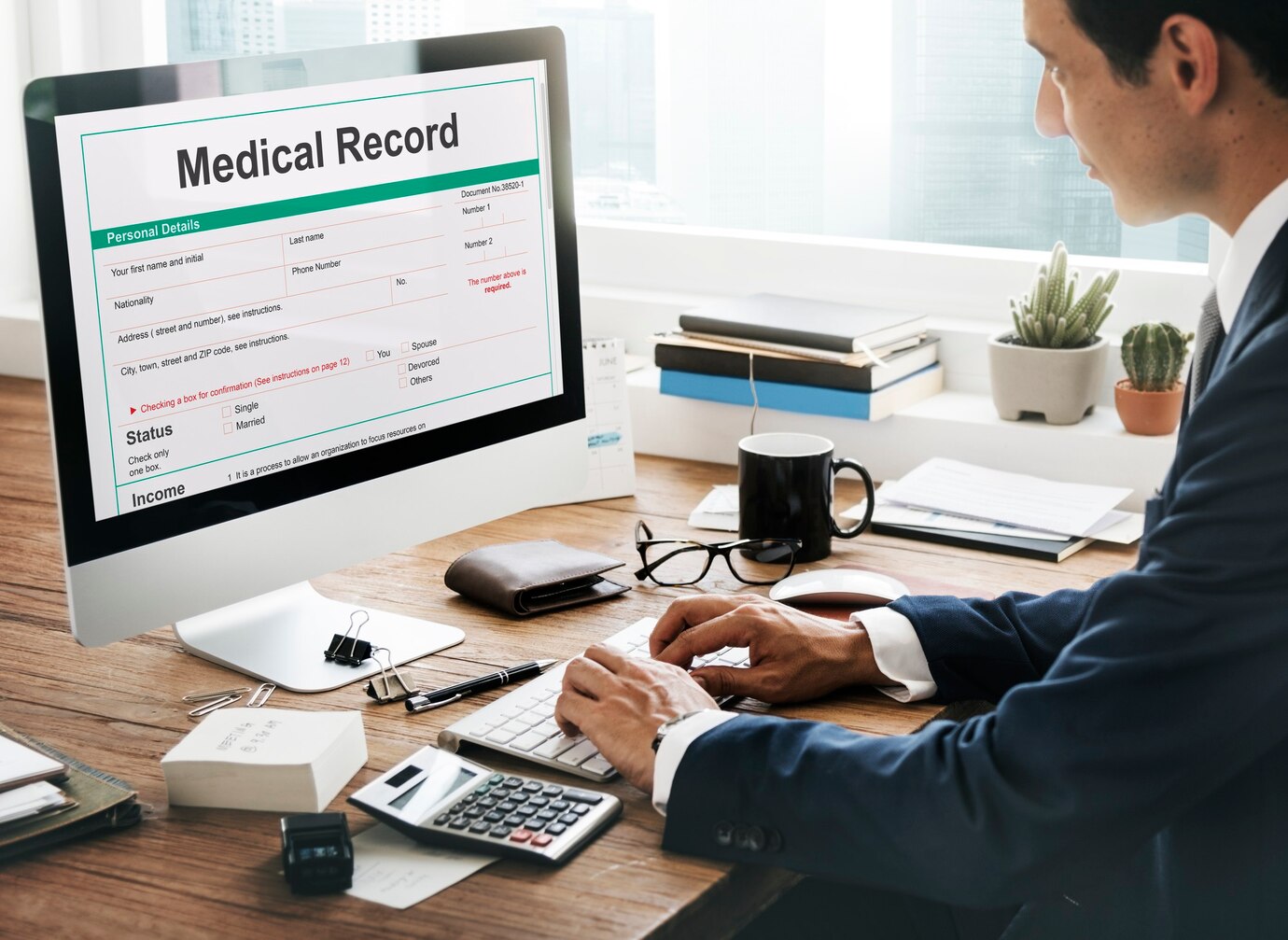
The Health Insurance Portability and Accountability Act (HIPAA) establishes strict standards to ensure the privacy, security, and confidentiality of patient data in the healthcare sector.
For hospitals and other healthcare institutions, compliance with these regulations is not only a legal obligation but also a cornerstone for building trust with patients and collaborators.
This article explores the development of HIPAA-compliant applications, their benefits, challenges, and best practices to ensure your institution is prepared to address the technological and regulatory challenges in the healthcare sector.

What is a HIPAA-Compliant Application?
A HIPAA-compliant application is any software designed to collect, store, process, or transmit protected health information (PHI) while adhering to the standards set by the act.
These applications are used in a wide variety of contexts, from electronic health records (EHR) to telemedicine systems and hospital management platforms.
The primary objective is to ensure that all medical and personal patient data are protected against unauthorized access, loss, or breaches.
Key Components of a HIPAA-Compliant Application
- Data Security: Includes encryption, user authentication, and access controls.
- Audit Logs: The application must record all interactions with sensitive data to ensure traceability.
- Backup and Recovery: Systems that ensure the integrity and availability of data even in emergency situations.
- Restricted Access Capabilities: Role-based restrictions to limit who can view and modify information.

Benefits of Developing HIPAA-Compliant Applications for Your Institution
- Protection Against Fines and Penalties: Non-compliance with HIPAA can result in severe fines ranging from thousands to millions of dollars. A well-designed application significantly reduces this risk.
- Improved Operational Efficiency: Automating processes with a custom application allows medical teams to focus more on patients and less on administrative tasks, streamlining workflows.
- Increased Patient Trust: Secure data handling builds trust and strengthens the relationship between the hospital and its patients.
- Optimized Information Access: With HIPAA-compliant applications, data is stored centrally and accessible only to authorized personnel, enhancing internal collaboration.
Challenges in Developing HIPAA-Compliant Applications
- Regulatory Complexity: Ensuring compliance with all HIPAA rules can be a complex process requiring legal and technical expertise.
- Advanced Cybersecurity: Cyber threats are constantly evolving, so the application must be prepared to withstand attacks like ransomware, phishing, or network intrusions.
- Integration with Existing Systems: Ensuring compatibility and synchronization with legacy technologies can be a significant technical challenge.
- Initial Costs: Developing and implementing these applications requires a substantial investment, but the long-term benefits outweigh the costs.

Best Practices for Developing a HIPAA-Compliant Application
- Conduct an Initial Risk Analysis: Identify vulnerabilities and design customized, effective solutions.
- Work with HIPAA-Experienced Developers: Hiring a specialized team ensures best practices are followed from the start.
- Prioritize User Experience (UX): An intuitive design enables efficient use by medical and administrative staff.
- Implement Continuous Monitoring and Auditing Systems: The application should detect unauthorized access and suspicious activities in real-time.
- Perform Rigorous Testing: Include penetration tests and attack simulations to validate security and functionality.
Emerging Trends in HIPAA-Compliant Applications
- Integration with Artificial Intelligence (AI): Automates tasks like data analysis and fraud detection.
- Cloud-Based Solutions: Ensure accessibility, scalability, and redundancy.
- Telemedicine Tools: Designed to strictly protect patient information.
- Blockchain for Data Security: Ensures integrity and secure access to medical records.

Developing HIPAA-compliant applications is not merely a matter of following regulations; it is a strategic investment that can transform how your institution manages patient data, enhances its reputation, and optimizes operations.
Working with a specialized development team and following best practices will ensure your application not only meets legal standards but also drives the success of your hospital or healthcare institution.


